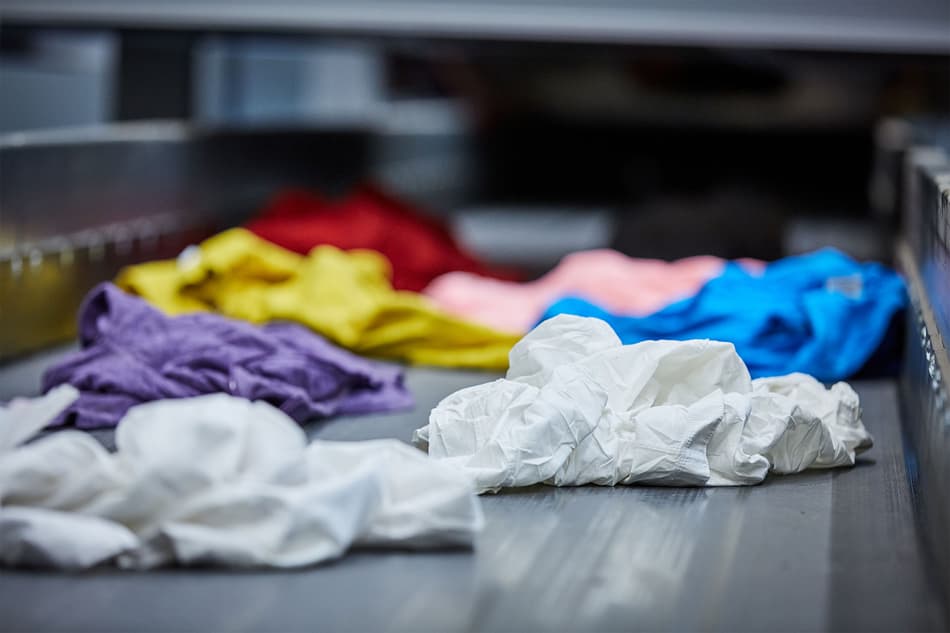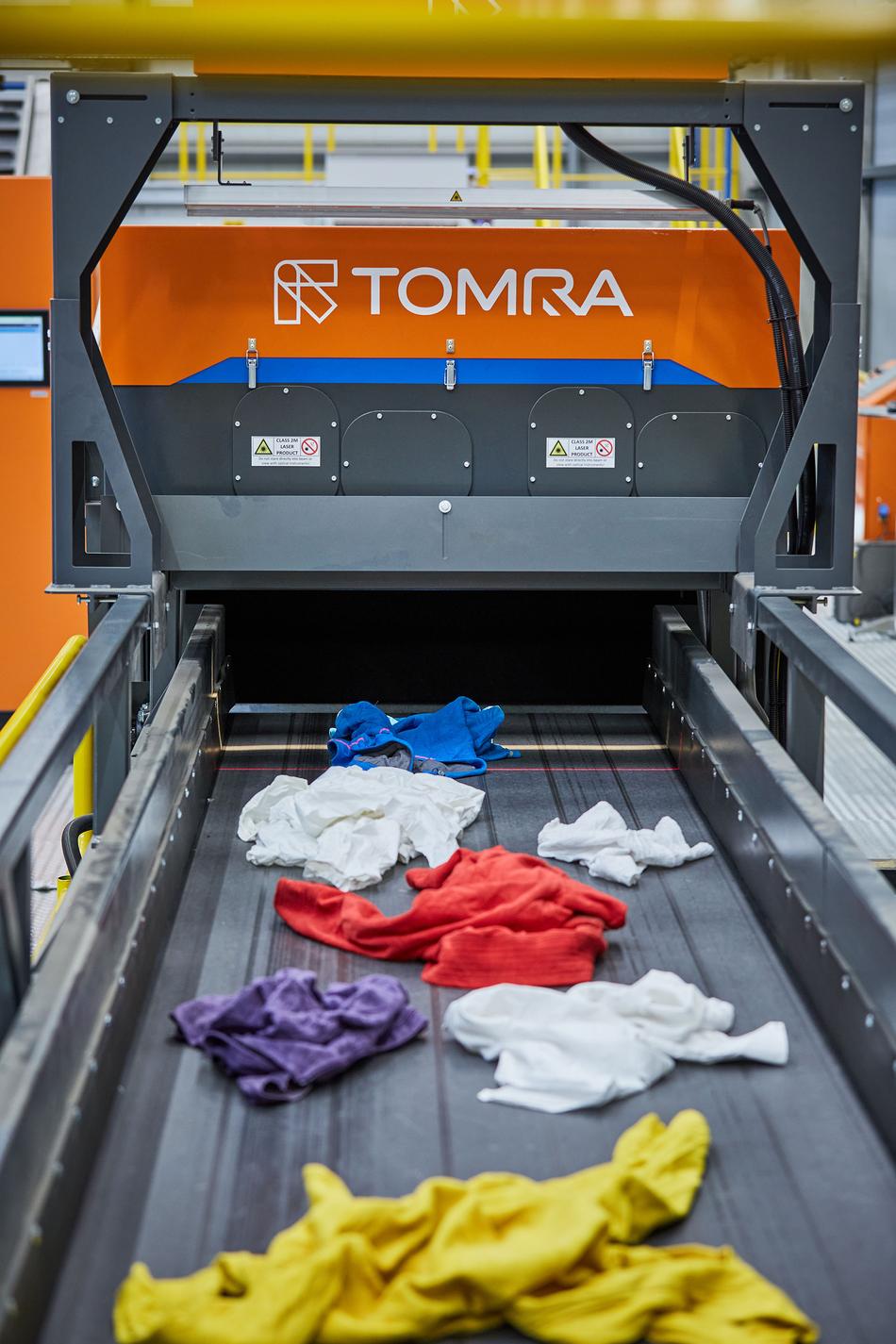
Transforming Textiles: TOMRA's new white paper presents circular value chain solutions
TOMRA, a pioneering force in automated textile sorting, presents its latest white paper titled "Transforming Textiles: 4 Key Beliefs to Enable Textiles Circularity." This paper addresses the current state of the textiles industry, strategies and technologies needed for the transition to a circular value chain.
While the worldwide textile market plays a crucial role in the global economy, the industry's growth in production and consumption over the last two decades has placed immense pressure on our natural resources and adversely impacted the health of our planet. Today, only 1% of annual textile waste is recycled into new products without downgrade.
TOMRA’s new white paper addresses this issue, examining the linear nature of the textile industry and highlighting the transformative potential within its current processes. By exploring innovative strategies and technologies, TOMRA's white paper charts a course toward a circular textiles value chain, revolutionizing waste into valuable resources.

"At TOMRA, we recognize the urgency to reshape the textiles value chain from linear to circular. Our webcast and this white paper serve as essential guides for the industry to leverage immense opportunities for transformation," stated Vibeke Krohn, Head of TOMRA Textiles. "We are committed to driving innovation and collaborating with industry leaders to shape a more circular and responsible future for the textile industry."
TOMRA has identified four key beliefs to underpin this new, circular textiles value chain. These key beliefs are:
- Supportive policy, legislation, and incentives to guide and motivate the shift towards circularity in textiles.
- Cross-industry collaboration and business model innovation to support profitable and long-term value creation across the textile value chain.
- Investments to scale infrastructure for automated sorting and mature recycling technologies to enable fiber-to-fiber textiles across material types and compositions.
- A robust digital core to capture data and insights across the textile value chain to allow for transparency and traceability and keep consumers, industry players, and regulators informed.
"Transforming Textiles highlights the critical role of collaboration among industry players, policymakers, and consumers to scale up infrastructure for traceable textile collection, sorting, reuse, and fiber-to-fiber recycling. Together, we can transform the textile landscape into one that prioritizes sustainability and circularity," added Louisa Hoyes, Director of Strategic Partnerships at TOMRA Textiles.
To learn more about enabling circularity for textiles, download the white paper: Transforming Textiles: Whitepaper.
For media inquiries, please contact:
Jo Eikeland Roald
Head of External Relations Textiles
[email protected]



About TOMRA
TOMRA was founded on an innovation in 1972 that began with the design, manufacture, and sale of reverse vending machines (RVMs) for automated collection of used beverage containers. The company’s collection and sorting technology supports the transition to a circular economy, optimizing resource recovery and minimizing waste in the food, recycling, mining, and other industries. TOMRA has approximately 100,000 installations in more than 100 countries worldwide and employs around 5,000 people globally. The company is publicly listed on the Oslo Stock Exchange.
